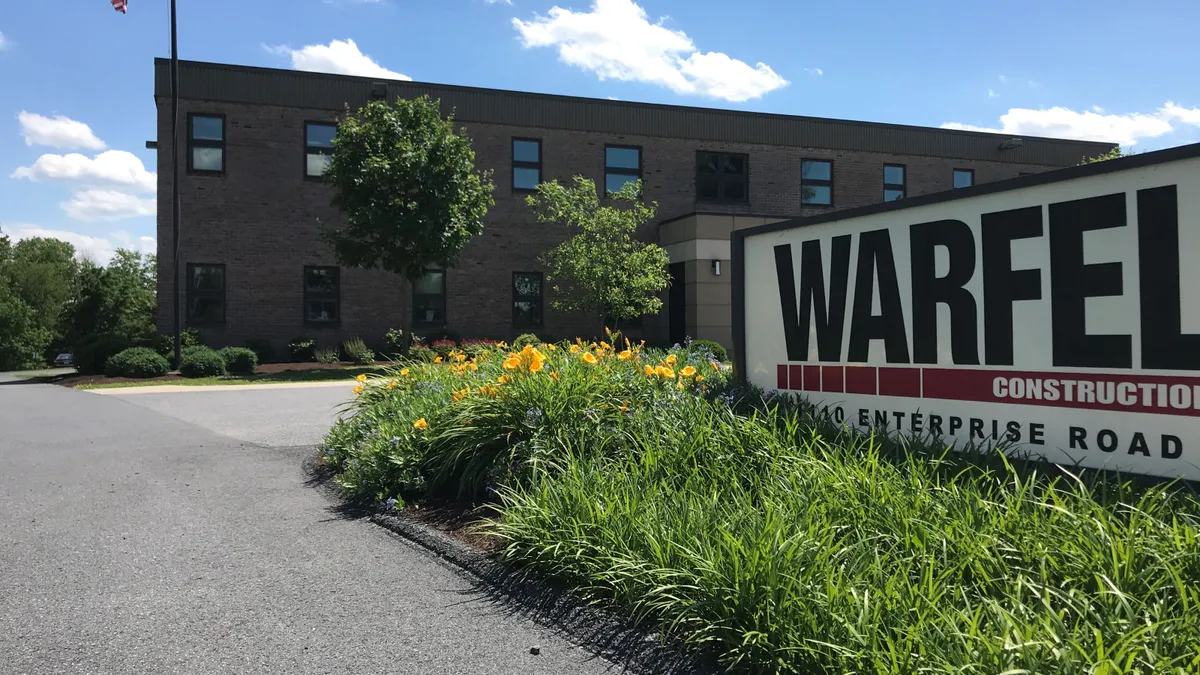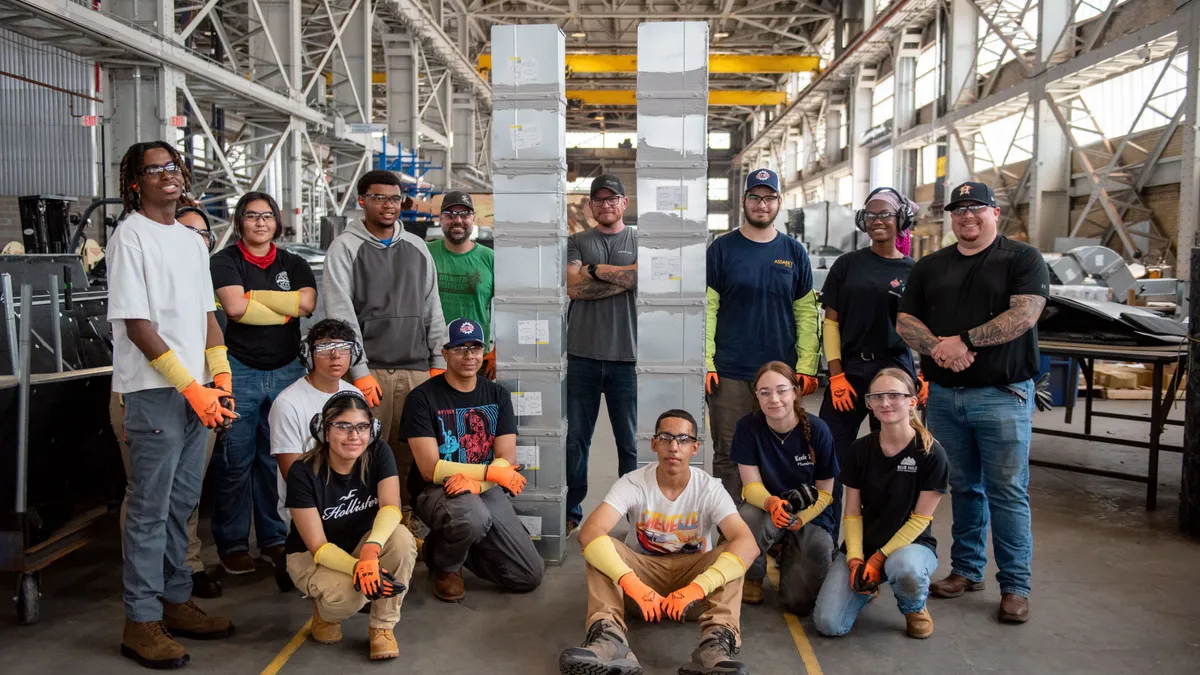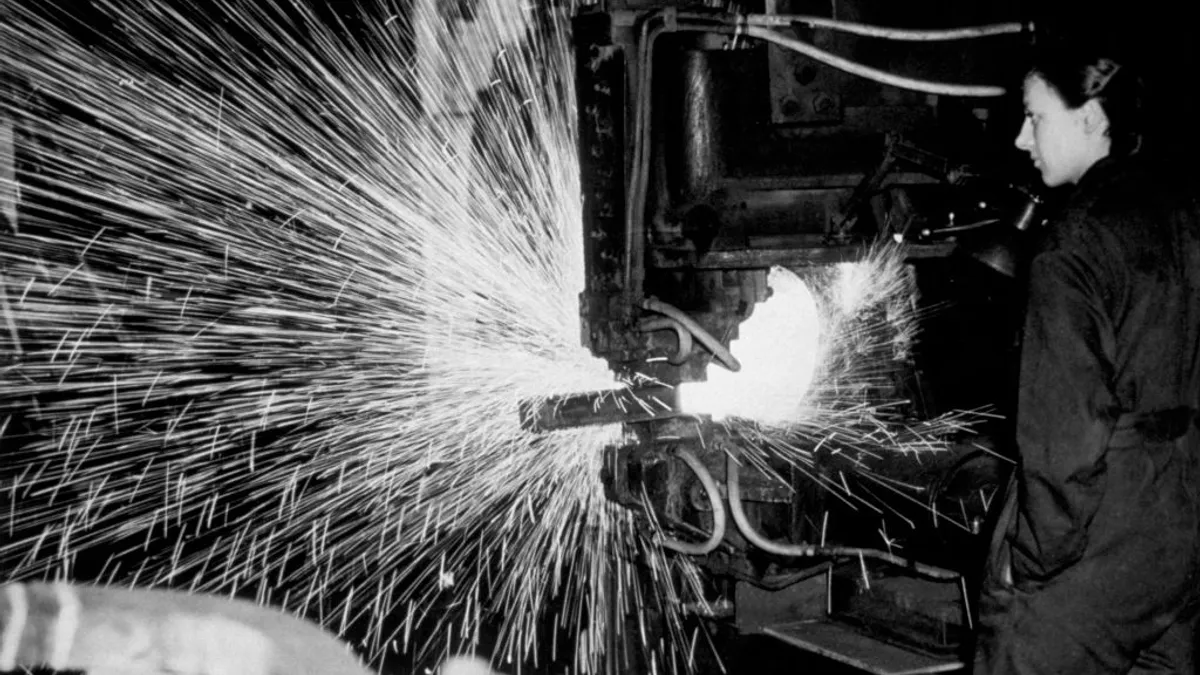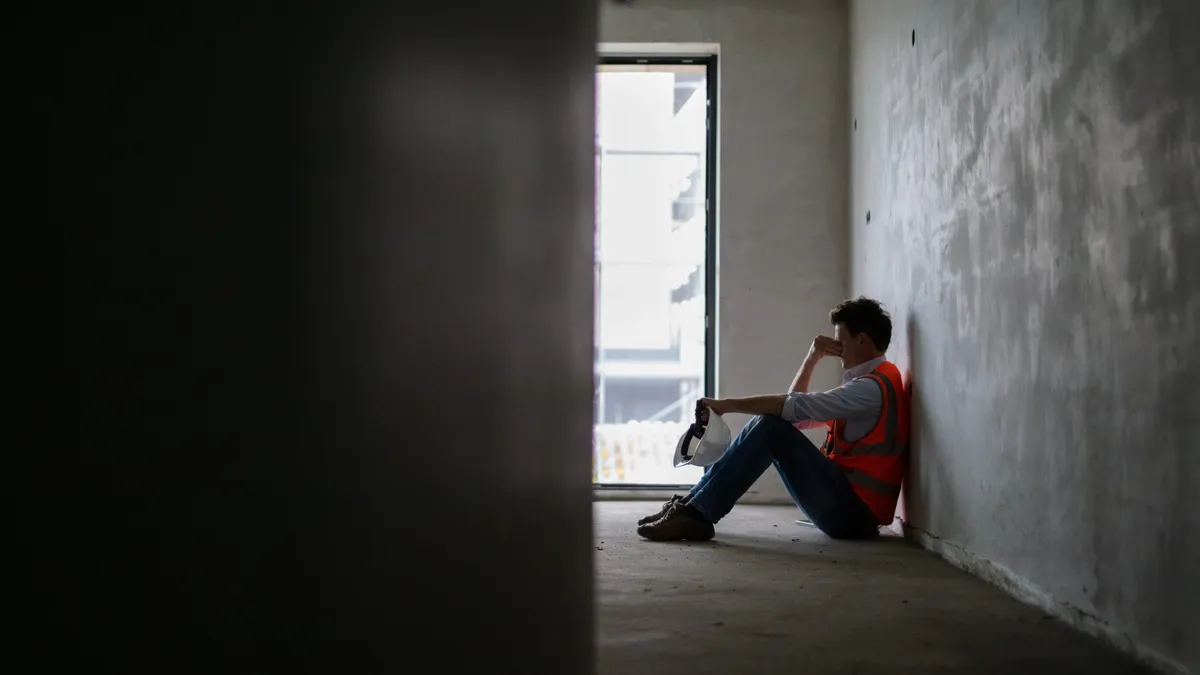Garret Barbush says he’s always loved working with people.
In his previous role as the CEO of Manheim, Pennsylvania-based Men of Iron, a nonprofit, faith-based organization focused on leadership and mentoring, Barbush worked on strategic planning, fundraising and program development to connect men across the country with mentors and mentees.
Following his time with the nonprofit, Barbush worked as vice president at BCF Group — an independent insurance brokerage — where one of his clients was Warfel Construction, an East Petersburg, Pennsylvania-based general contractor. Barbush said he liked the work culture at Warfel, and, as the firm’s headcount began to grow, an opportunity arose.
Warfel, which has nearly 300 employees, brought Barbush on as director of people engagement and support early this year, seeking to continue the work that Barbush said made the contractor special in the first place.
Here, Barbush details his plans for the new position, the importance of engagement and the specific services that can benefit construction workers.
The following has been edited for brevity and clarity.
CONSTRUCTION DIVE: Director of people engagement and support is a pretty unique job title. What does it entail?
Garret Barbush: You know, it's hard a month in to explain to people that are like, “Well, what is it that you do?” There are some long-term key initiatives, one of them being the development of a mentorship program here at Warfel, which they’ve been working on. We all feel like there's a lot of room for improvement on how to do that.
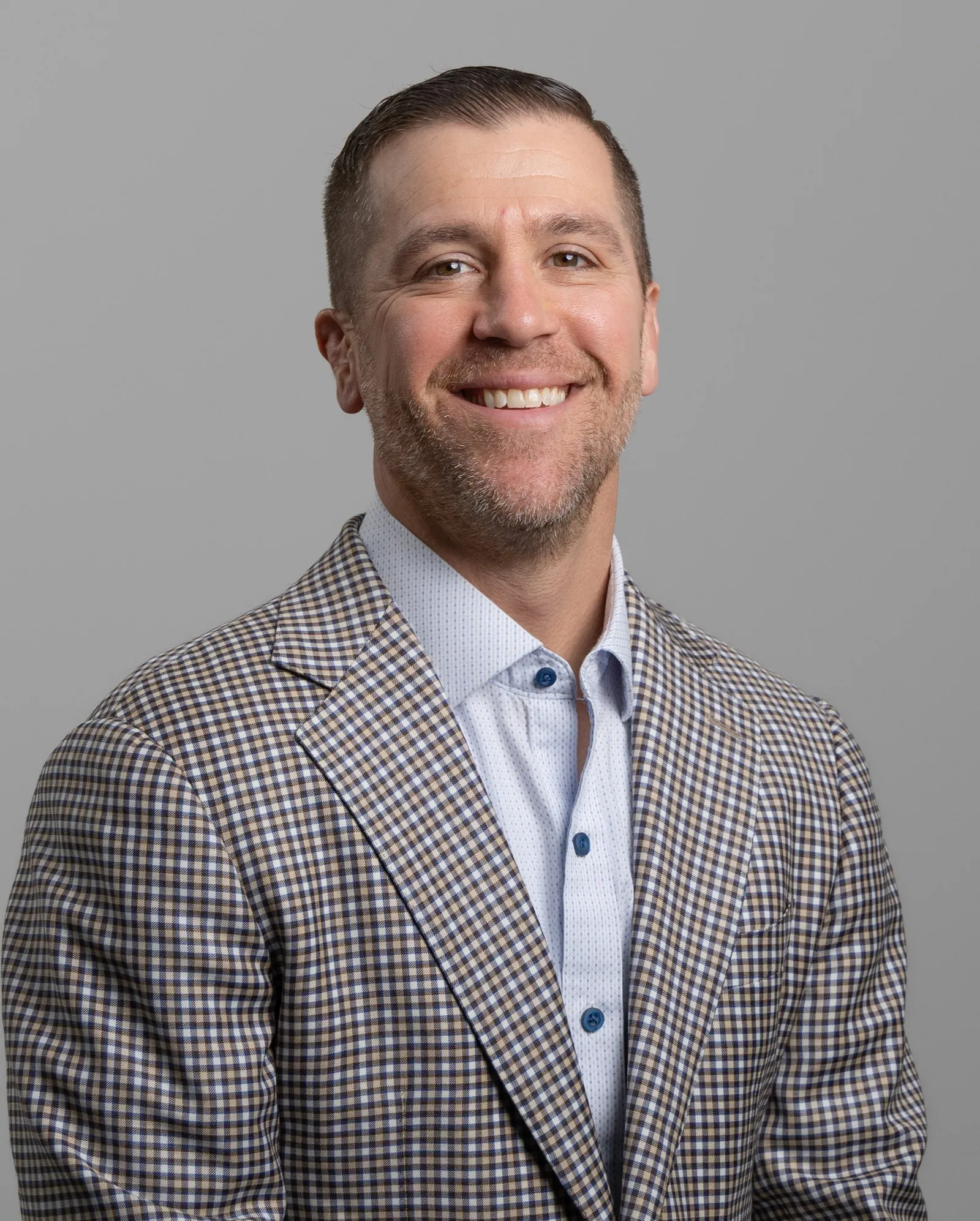
And that's kind of my background through Men of Iron. I was building a mentorship initiative and implementing that. They do a great job at that here from a career standpoint, but I think that's one of the long-term initiatives that’s hard to roll out of the gate until you really get in here and get to know the people, and they start to trust you a little bit more.
From a high level, I would say the focus is just to make sure that I'm fostering a supportive, engaged work environment. Cultivating a positive company culture. And you do that through relationships, right? And relationships take time.
How do you build those relationships?
Right now, honestly, a lot of my time is spent meeting one on one with as many employees as I can. I try to do that offsite, get them out of the office, just grab coffee and sit down and say, “Hey, tell me about your role here at Warfel. Tell me about your background. Tell me about your family. Tell me about your marriage. What are some things you're struggling with?” Just trying to get a feel for who people are and what's going really well in their life, and maybe where they're struggling, because there’s stuff going on in people’s lives.
What inspires me is that we care about the employee, more than just what they’re delivering. We also know they’re going to be better for Warfel when their marriages are healthy, when they’re being intentional mothers and fathers, when their finances are in order, they’re taking care of their bodies, their health.
Those things all matter to the company, and it matters to the leadership here. And so they're just like, “Hey, we want you to go get your finger on the pulse of our people.”
How do you keep the relationship professional when asking employees about their personal lives?
Yeah, I mean, obviously like we're not forcing it on anybody, right? It’s more, “Hey, I'm here if you need me.”
I think that's the problem with the marketplace. For so long employers have tried to toe that line of our business, our professional lives, and our personal lives, and we don't want to mix the two of them. And the reality is, is that, yeah, you can build a company that way, but are you really getting the most out of your people?
When people are coming to a place day in and day out, and they're spending more time at work than they do at home, which many of us do during the week, it’s important to think about that.
I think you just build a better culture. You build better people, you build better trust. And so, you know, I don't get too hung up on it too much. It's not like I'm going to force somebody to tell me anything. Some people are going to open up and share, and some people aren't, and that's OK. There's not a right or a wrong. I think it's just an option that people can take advantage of here if they want.
How important is engagement? How can you see the impact in the workplace?
The suicide rate in construction is high. The mental health crisis is a real thing. We’re focused on total human health. Trying to help our people understand that there’s more to their life than this company, than just bricks and sticks.
I think you just have to look at the statistics as far as what’s going on in the lives of the workforce, what are the challenges they’re facing. And then, it’s just about providing an avenue for them to say, “I want to be better in these areas. Can you help me do that?”
And we’re doing that in practical ways, by partnering with professional service partners. The company that manages our 401k, for example, they’re coming quarterly and they’re providing workshops for our employees, like a workshop on how to save appropriately for college.
Just last year, Warfel brought in a physical therapist quarterly for our guys in the field. If they want to come in, she’s going to take a look, give them an assessment and give them some exercises or stretching so that they can be the best at the workplace.
Correction: The story has been updated to properly reflect Barbush's work history.



